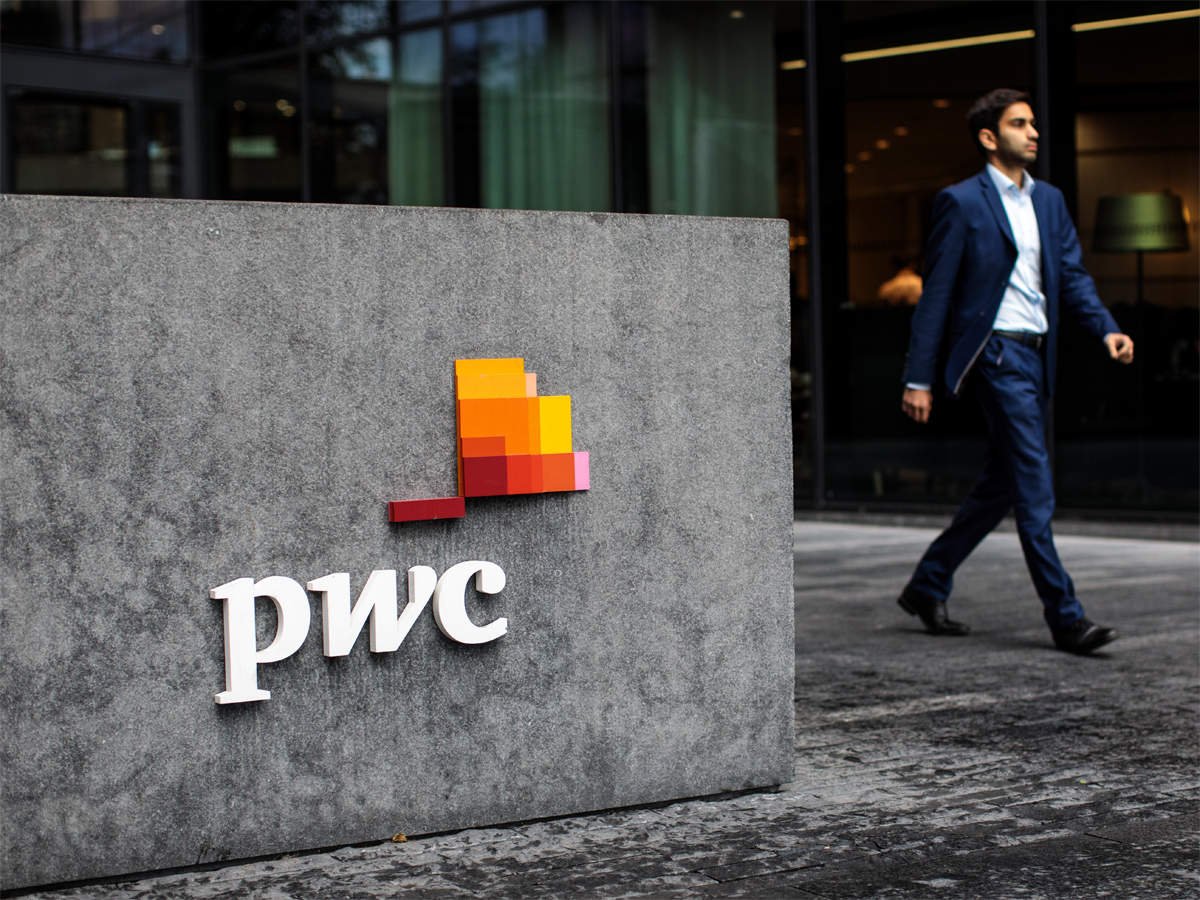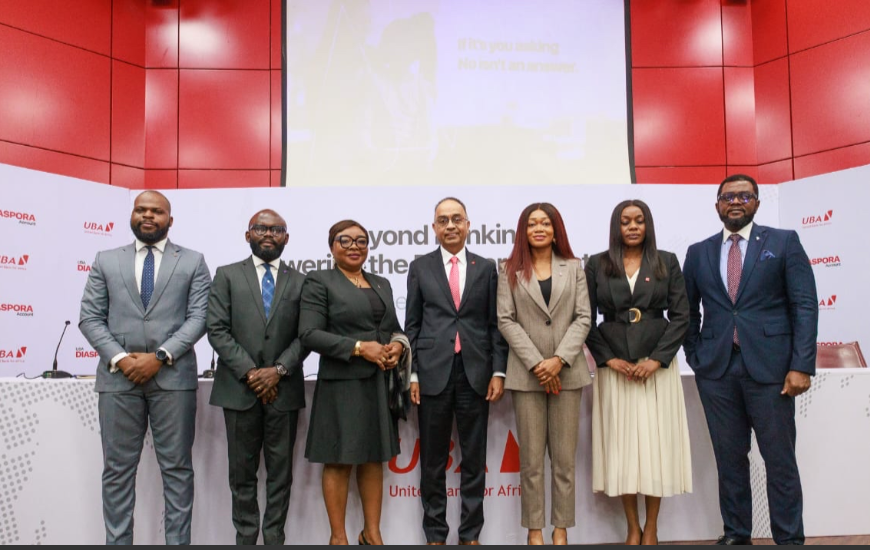

Ecobank, GCB are biggest banks in Ghana, says PwC Ghana
Ecobank Ghana and GCB Bank maintained their position as the two biggest banks in Ghana in 2021, the 2022 PwC Ghana Banking Survey Report has revealed.
In terms of the banking industry market share (deposits), Ecobank Ghana and GCB Bank controlled 11.93% and 11.43% respectively, keeping its 1st and 2nd positions respectively.
The survey stressed that GCB and Ecobank Ghana have maintained their dominance regarding the industry’s deposits over the past six years. The two banks continue to hold more than a fifth of the deposits in the sector due to their combined branch network of over 250 branches, ongoing initiatives to advance digital and electronic banking, and a client-focused outlook.
However, during the previous three years, the market share of GCB and Ecobank Ghana have decreased from 25.5% in 2019 to 22.8% in 2020 and increased marginally to 23.6% in 2021. This could be attributable to the competition from the other banks.
Stanbic Bank consolidated its gain, firming its 3rd position with a market share of 9.29%. It gained a marginal growth in deposits in 2021.
It was followed by Absa (6.80%) and Fidelity Bank (6.79%) in 4th and 5th positions respectively. The two banks also gained some market share.
Importantly, Absa overtook Consolidated Bank Ghana in 4th place and increased its market share by 0.46%, increasing its deposits by 20.2% in 2021.
In 6th, 7th, 8th, 9th and 10th positions were Consolidated Bank Ghana (6.78%), Standard Chartered Bank (6.27%), Zenith Bank (5.26%), CalBank (5.18%) and Access Bank (4.27%).
Overall, the top 10 market share leaders in deposits include Fidelity Bank, Stanchart, Zenith, CalBank, Acess Bank and ADB.
UBA also rose to the 12th position in 2021 from the 15th position which, the survey said is a commendable improvement from the previous year. All the banks in the top 10 gained market share except Zenith and Consolidated Bank Ghana
The report concluded that the observed increase in total deposits was influenced by the Covid-19 fiscal stimulus, payments to contractors, SDI depositors, and clients of Securities and Exchange Commission -licensed fund managers, as well as increased savings by people and businesses as a result of the pandemic-caused slowdown in consumer and investment spending in some sectors.


















